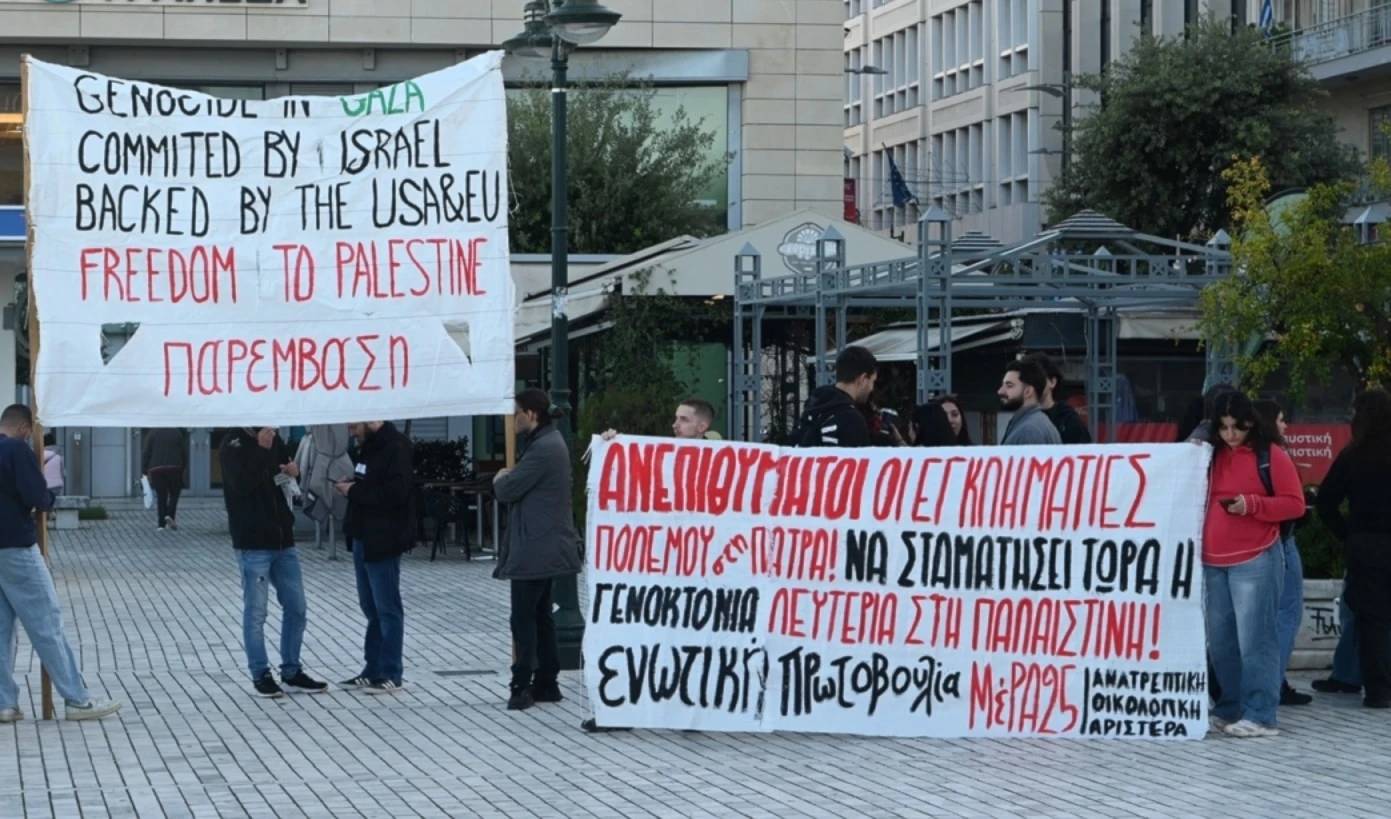Harvard wins court battle over $2 bln research grant suspension
A federal judge ruled the Trump administration illegally froze $2 billion in Harvard research grants.
-

Protesters gather outside the Moakley Federal Courthouse, where Harvard University appeared to challenge $2.6 billion in funding cuts by the Trump administration, Monday, July 21, 2025, in Boston. (AP Photo/Charles Krupa)
Harvard University secured a legal victory against the Trump administration after a federal judge ruled that the government illegally froze more than $2 billion in research funding. The decision marks a turning point in the broader conflict between the administration and leading academic institutions over issues of free speech, diversity, and alleged antisemitism on campus.
US District Judge Allison Burroughs in Boston concluded that the government violated both free speech protections and civil rights laws when it halted Harvard’s federal research grants. The suspension, which began in April, targeted a wide range of scientific projects at the university.
In her 84-page ruling, Burroughs stated that the Trump administration “used antisemitism as a smokescreen for a targeted, ideologically-motivated assault” on prominent universities, singling out Harvard as a primary focus.
She described the decision to freeze funds as “arbitrary and, at worst, pretextual,” adding that the government had retaliated against the school for refusing to yield to political demands. While the ruling opens the path for the funding to be reinstated, the judge did not order the immediate release of the money.
Trump administration responds
The White House swiftly rejected the decision. Spokesperson Liz Huston called the ruling “egregious” and confirmed that the administration would appeal. She argued that Harvard had failed to protect Jewish students on campus, and, therefore, remained ineligible for taxpayer-funded grants.
“To any fair-minded observer, it is clear that Harvard University failed to protect their students from harassment and allowed discrimination to plague their campus for years,” Huston said.
The administration has maintained that access to federal research grants is a privilege, not a constitutional right, and insists that taxpayer dollars should align with government priorities.
Harvard’s position
Harvard President Alan Garber welcomed the decision, calling it a validation of academic freedom and the integrity of higher education in the US. In a statement, he acknowledged that the university has faced both anti-Semitic and anti-Muslim incidents but emphasized the institution’s ongoing commitment to address bias.
Garber added that Harvard would carefully assess the implications of the court’s opinion and continue to defend its mission of research and education.
A wider clash over higher education
The funding dispute is only one aspect of the Trump administration’s ongoing campaign against elite universities. Beyond research grants, officials have threatened to challenge Harvard’s tax-exempt status and introduced measures that could cost the school nearly $1 billion annually, including new taxes on endowments.
Trump has also demanded hefty financial settlements, reportedly seeking at least $500 million from Harvard. By contrast, other universities, such as Columbia, have chosen to settle, with Columbia paying $221 million. Harvard, however, has opted to fight the government’s actions in court.
Although Harvard has secured a key legal victory, the conflict with the Trump administration is far from over. The government has already filed appeals and continues to argue that civil rights enforcement justifies its actions.

 3 Min Read
3 Min Read









